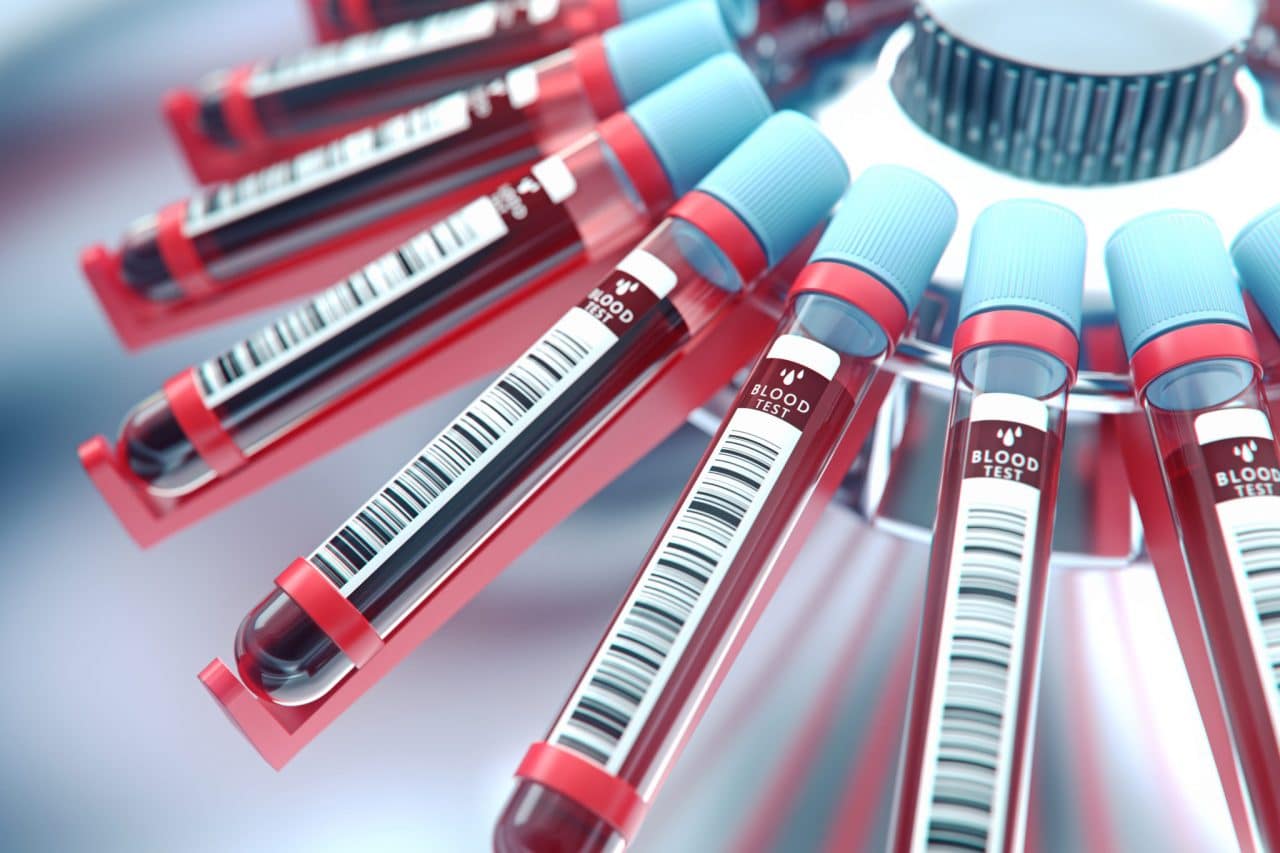A blood test for allergy evaluation, commonly called a RAST test (short for radioallergosorbent test) may be used to determine what substances a person is allergic to. The RAST test, which is more correctly termed an in vitro radioimmunoassay, works by measuring whether or not a person has a significant amount of Immunoglobulin E (IgE) in their blood, the antibody that is elevated in allergic individuals. This is different from a skin allergy test, which determines an allergy by measuring the reaction of a person’s skin to different allergens when they are injected into the outer layer of their skin.
In general, this method of blood testing is most useful for the following patients:

- Those who cannot stop taking an antihistamine or other medicine that could affect skin test results
- A pediatric patient
- A patient with a skin condition such as severe eczema or hives, as skin testing may be impossible to interpret.
In some uncommon cases a patient has such a high sensitivity level to suspected allergens that any injected administration of those allergens for skin testing might result in potentially serious side effects. Still, under most circumstances, allergy skin testing is our preferred testing method because it is more sensitive, the results can be obtained within minutes and it is less expensive than a RAST test.
The RAST test is scored on a scale from 0 to 5 (0= absent or very minimal allergen specific IgE; 5 =extremely high level of allergen specific IgE).
Call The House Institute [STAGING] at (213) 483-9930 for more information or to schedule an appointment.